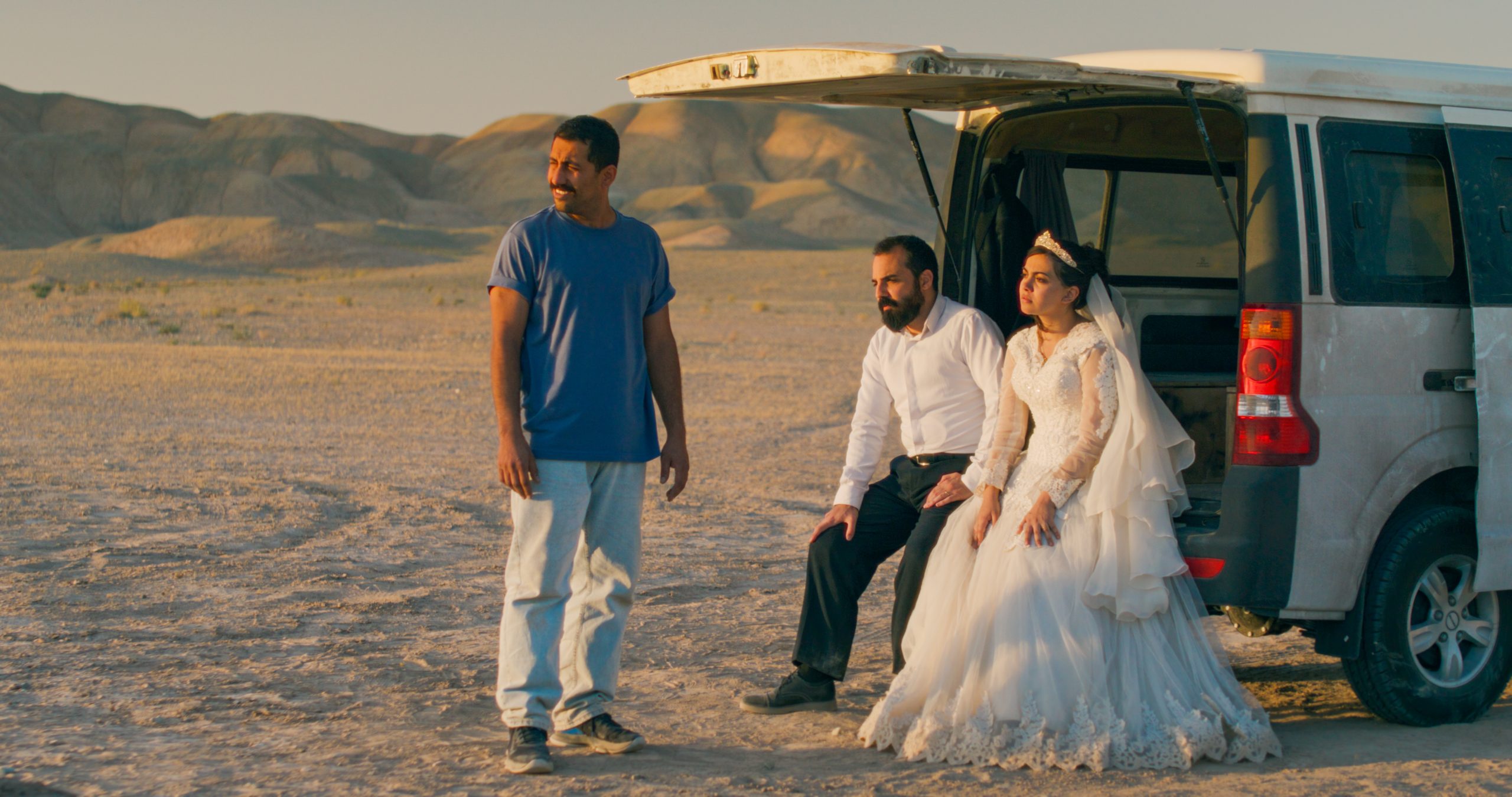
A Clandestine Masterpiece Emerges
Iranian filmmaker Jafar Panahi’s latest work “Un Simple Accident” (“A Simple Accident”) premiered in the official competition at the 78th Cannes Film Festival, offering a stark revelation of life under oppressive regimes while confirming the director’s unwavering commitment to filmmaking despite extraordinary obstacles.
Shot secretly without official permission from Iranian authorities and featuring actresses without mandatory hijabs, the film represents yet another act of artistic defiance from Panahi, who has been repeatedly imprisoned and officially banned from filmmaking for 20 years by the Islamic Republic.
“The solution I found was to film in secret,” Panahi revealed during an emotional press conference following the screening. “I had no choice. However, I had to be very introspective and see everything from my stance, from my viewpoint. So the camera, obviously, turned on myself.”
Prison Experience Shapes Narrative
While the film’s plot explores the unexpected consequences triggered by a minor accident that links individuals in critical situations, the press conference revealed how deeply Panahi’s own experiences of imprisonment influenced the work.
When asked about elements drawn directly from his incarceration, Panahi described harrowing conditions: “The first time I was sent to prison, I was blindfolded and put in a room. First of all, I was put in a cell which measured one and a half by two and a half meters. I hardly had room to lie down or walk around.”
He detailed being blindfolded when taken to the toilet, allowed to go only two or three times daily, and interrogations lasting up to eight hours. “Everything you see in the film is not necessarily my own experience,” he clarified. “You see the experience of the Iranian people who’ve spent 40 years in captivity.”
Particularly moving was his revelation that his co-writer for the film “is currently in prison today. And that’s what all Iranians have to endure.”
Cast Faces Intimidation
The film’s actors, who bravely appeared alongside Panahi at Cannes, shared how they’ve faced increasing pressure since the film’s festival selection was announced.
“As soon as people heard the film had been selected for Cannes, particularly in the last fortnight, the situation has become more complicated,” explained Panahi. “Several members of the crew were called in for questioning… They’ve been threatened.”
One actress addressed the dangers frankly: “At the beginning, it’s very scary. I must admit, I’m very young, and I was worried for my family.” But she emphasized that the importance of their work outweighed personal risk: “Iran is our home country, and we have to fight to ensure that our homeland fares better and progresses.”
Another cast member recounted being contacted by authorities: “When they finally got hold of me, I said, ‘Well, I’m not doing anything wrong. It’s my right as an artist and as a human being to do my work.'”
Unconventional Production Process
The French co-producer of the film, Philippe Bober, revealed the unusual circumstances of their collaboration. Having previously worked with Panahi on digital projects, he described their agreement: “We didn’t have any news, and then about a year later, we were told, ‘Yes, one day a hard drive will appear at the airport. Someone will have to go and fetch it.'”
This unusual approach reflects Panahi’s insistence on creative independence. “I never start working with someone before. I just make do with my own personal money at the very beginning,” Panahi explained. “If I don’t like the film, I won’t have to sign it. It gives me greater independence.”
Return to Iran Despite Risks
When asked if screening the film at Cannes might endanger his return to Iran, Panahi was resolute: “I, just like other Iranians, am not a special case in any manner. The Iranian women are forbidden to go out without a headscarf, but they do so anyway, perhaps endangering themselves. I’m not doing anything more heroic than what all Iranians do.”
He added with remarkable determination: “As soon as I finish my work here, I will go back to Iran the following day. And the day I’m back in Iran, I’ll ask myself, what’s my next film going to be?”
The filmmaker, who was released from prison in February 2023 after a hunger strike, views his artistic resistance not as exceptional but as inevitable: “When you throw an artist into prison, you actually give the artist a springboard. You give him ideas. You open up a whole new world.”
A Franco-Iranian Collaboration
“Un Simple Accident” represents Panahi’s 12th feature film and was produced in collaboration with France’s Les Films Pelléas (the company behind Justine Triet’s award-winning “Anatomy of a Fall”), Luxembourg’s Bidibul Productions, and France’s Pio & Co. All post-production took place in France.
The film follows Panahi’s “No Bears” (2022), which won awards at the Venice Film Festival while he was imprisoned. Festival Director Thierry Frémaux has remained discreet about the film’s content, perhaps to protect those involved.
Following its Cannes premiere, the thriller is scheduled for theatrical release in France on September 10, 2025, distributed by Memento.
Artistic Freedom Above All
Perhaps the most powerful statement from the press conference came when Panahi was asked about the ability of artists to work under such restrictive conditions: “Given current technological possibilities, no power can prevent an artist from doing his or her work. Even in a cell, the artist will continue to express himself.”
His response to whether he would advise other Iranian filmmakers to follow his clandestine approach was characteristically respectful of individual choice: “I don’t think there’s any instant answer. Each individual finds his or her way of doing things, depending on his or her knowledge or abilities. I can’t give advice to anybody.”
As “Un Simple Accident” competes for the Palme d’Or, its very existence stands as testimony to cinema’s power as a tool for resistance and to Panahi’s extraordinary resilience as an artist who refuses to be silenced.
Editor in Chief of Ikon London Magazine, journalist, film producer and founder of The DAFTA Film Awards (The DAFTAs).

